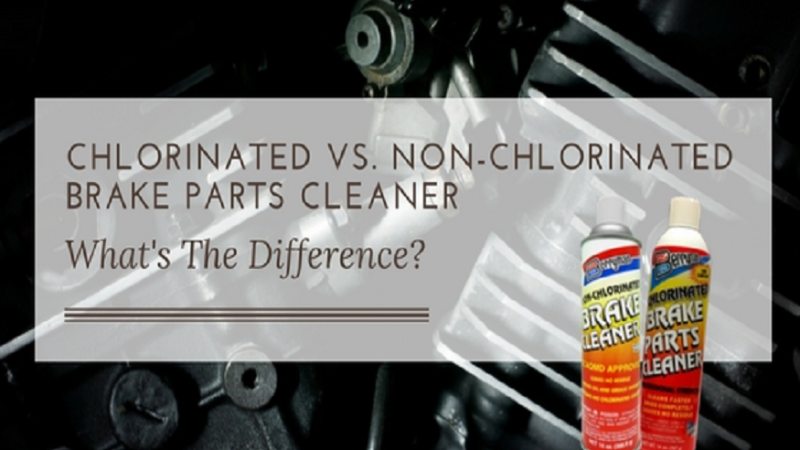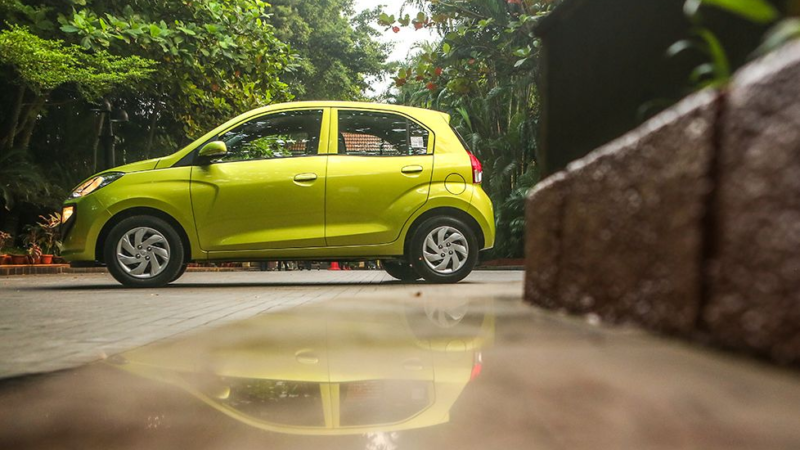How Does Selling Your Car To A Dealer Work?

Selling your car to a dealer can be a convenient option, as they often have the resources to quickly assess the value of your car and make an offer. With the current high demand for used vehicles, dealers are often eager to purchase cars to add to their inventory. Additionally, selling to a dealer eliminates the need for you to advertise, show the car, or negotiate with individual buyers. This makes the process faster and less time-consuming. However, it’s always a good idea to research and compare offers from multiple dealers to ensure you’re getting a fair price for your car.
Selling to a dealer eliminates some of the challenges of a private sale, but it’s still essential to follow specific steps to ensure you get the best offer. Car buyers in East Rutherford are manifold, but here are some tips for selling your car to a car dealer:
How to Sell your Vehicle to a Car Dealer
To sell a used car, you need to decide where to sell it. Choose a dealership that sells the same brand as your car for a better offer. Especially if it’s in good condition and eligible for a certified pre-owned program. Contact multiple dealerships and inquire about selling your vehicle before visiting. Make sure your car is ready to be appraised, and you have researched its value.
Before trading a car to a dealership, it is recommended to have the vehicle cleaned and inspected to maximize its value. Beyond that, research the market value and trade-in value to understand what to expect. Keep in mind that trade-in value is typically lower than market value, but the convenience of selling to a dealer may make up for it.
What Do After You Arrive To Sell Your Car
When selling a car at a dealership, go to the salesperson or used-car manager and provide the car information. The used-car manager will inspect the car, check the vehicle history and may ask if you plan to trade in the car for a new one. Dealerships may offer more money if you trade in, but most will allow you to sell the used car without buying a new one.
The Offer
The offer you receive for your vehicle will depend on several factors. These factors include the current market value of similar vehicles, the condition of your car, the demand for your make and model, and any necessary repairs or maintenance. The dealership will also consider the cost of refurbishing and preparing the vehicle for resale.
The outstanding loan on the vehicle can impact the offer received. The dealership will typically handle paying off the loan and obtaining the title. However, you will be responsible for covering the difference if you still owe more on loan than the offer received. Consumers need to understand their vehicle’s current market value and be transparent about the loan status.
Close the Deal
Once you have multiple offers, you should carefully evaluate each and weigh them against other options. Negotiating is also possible, but be aware that the market may change quickly, so it’s best to make a decision promptly. It’s also important to discuss the terms of the sale and payment details with the dealer to ensure that you clearly understand the process. Payment may take time, so it’s best to ask about the timeline for receiving payment.





